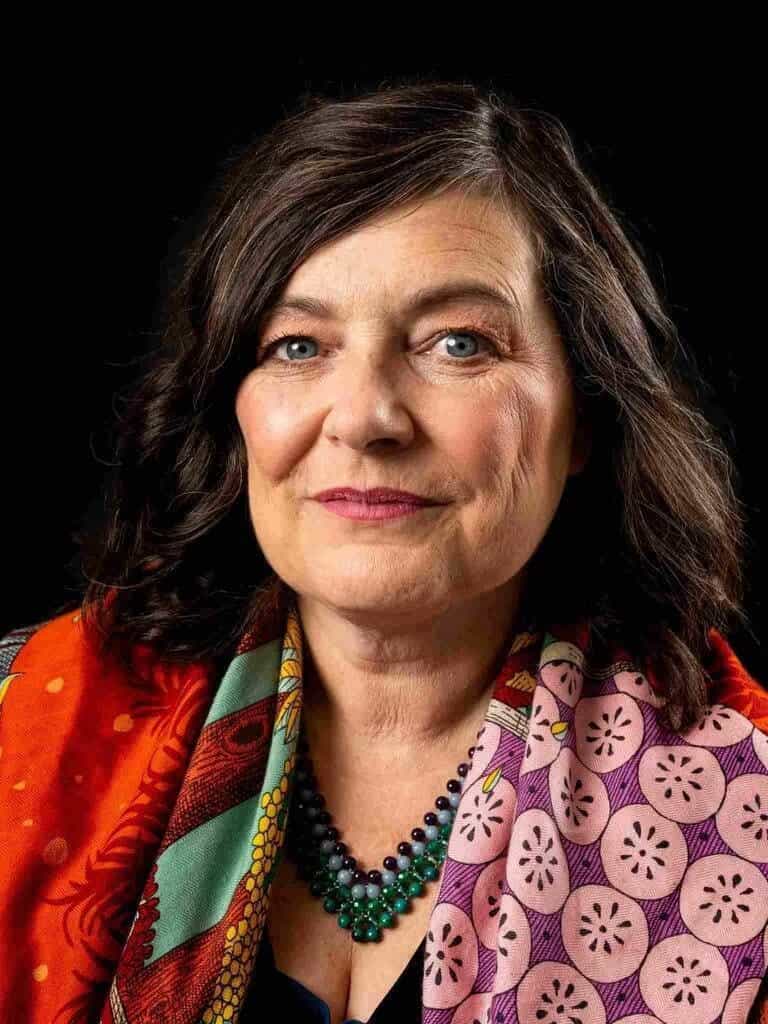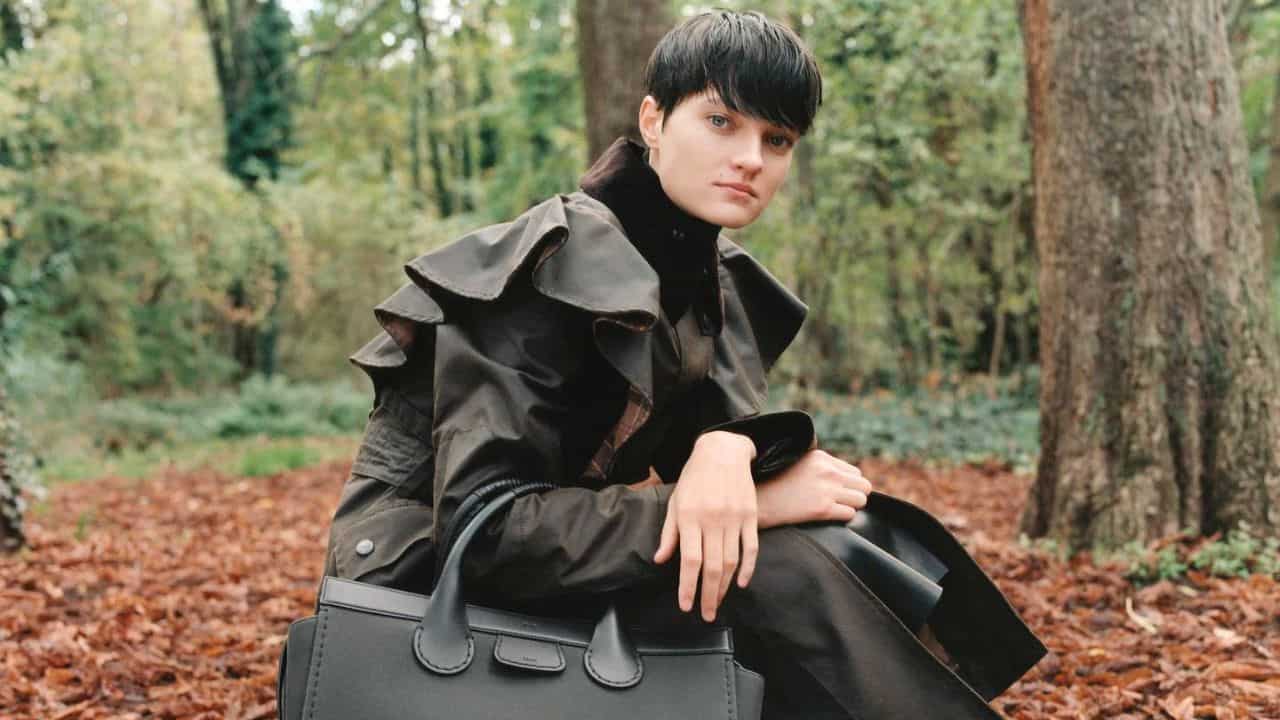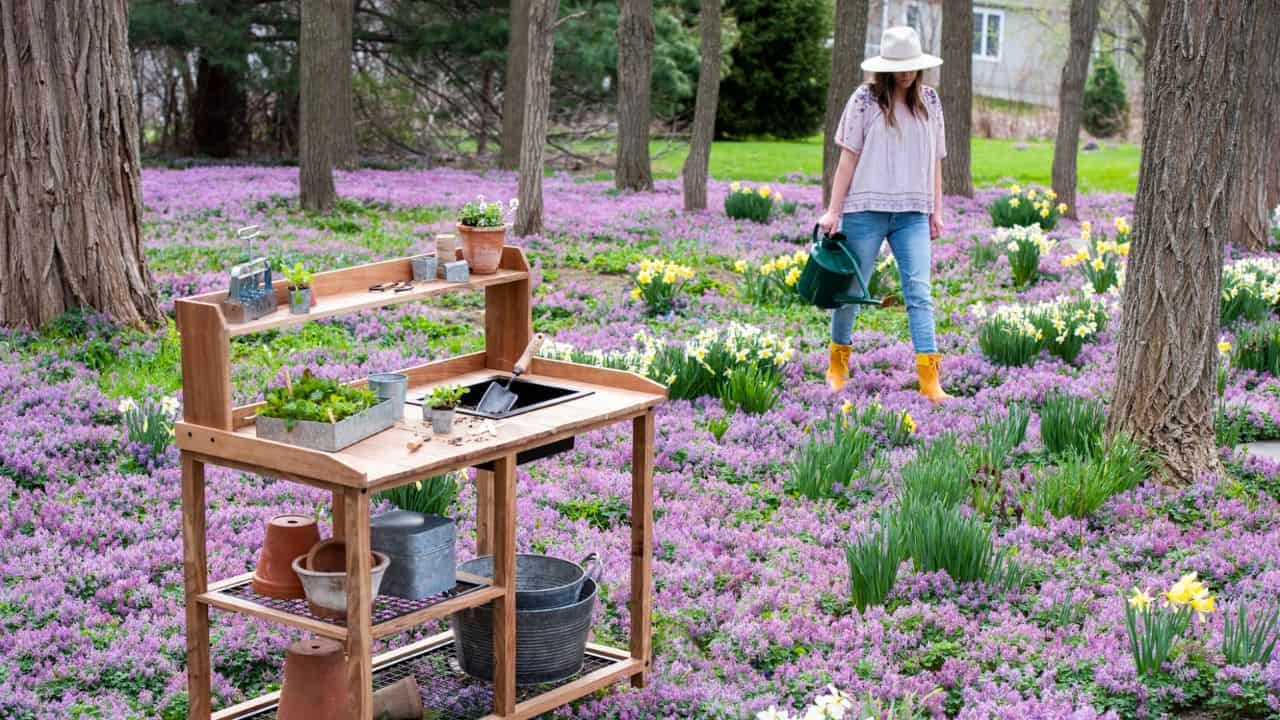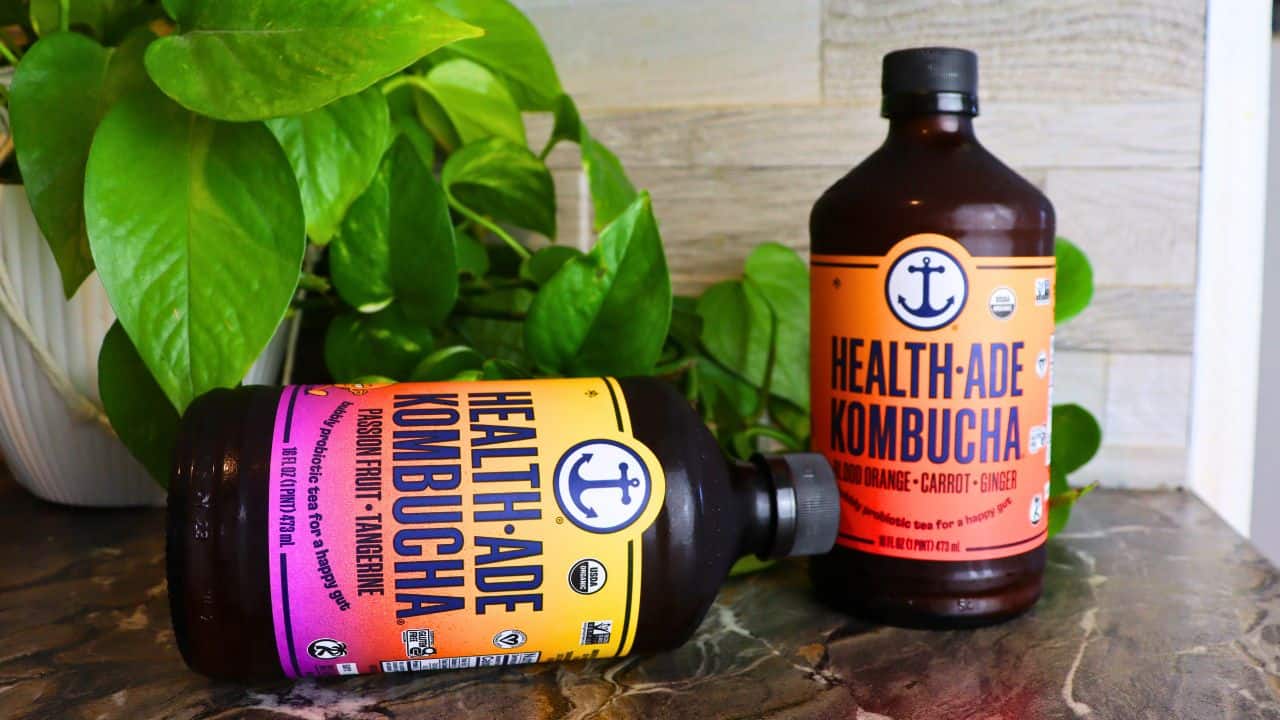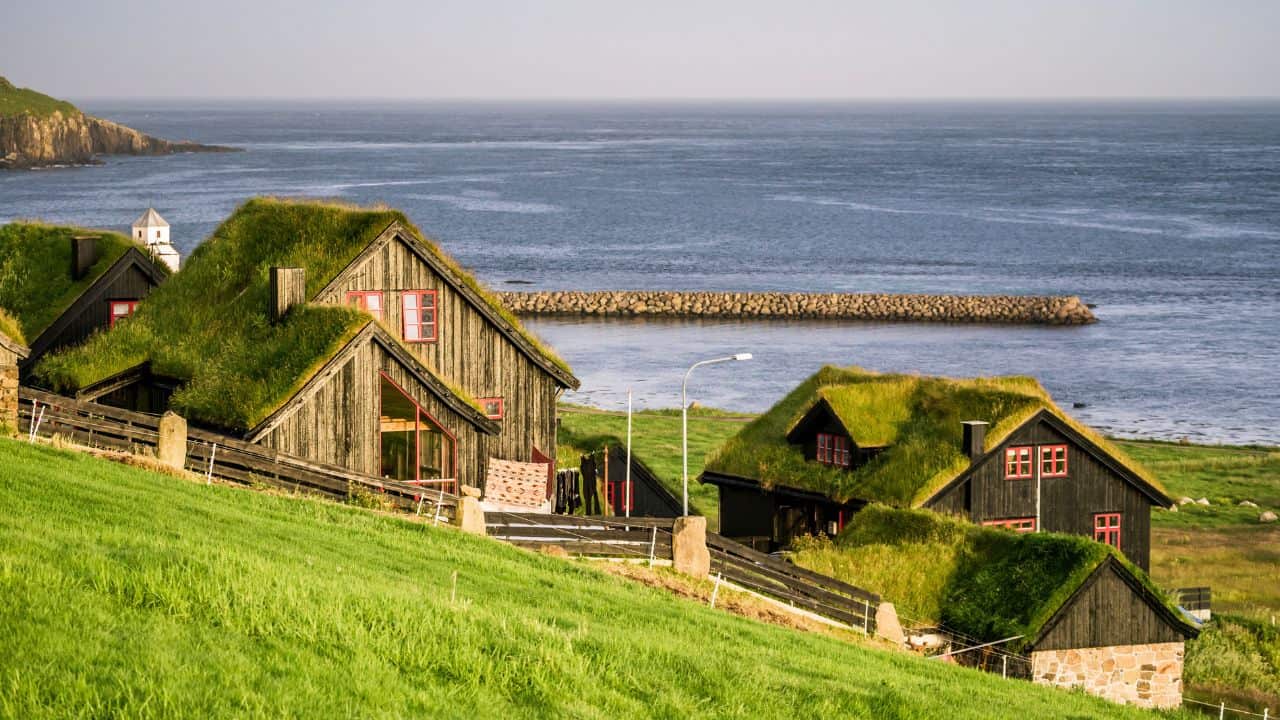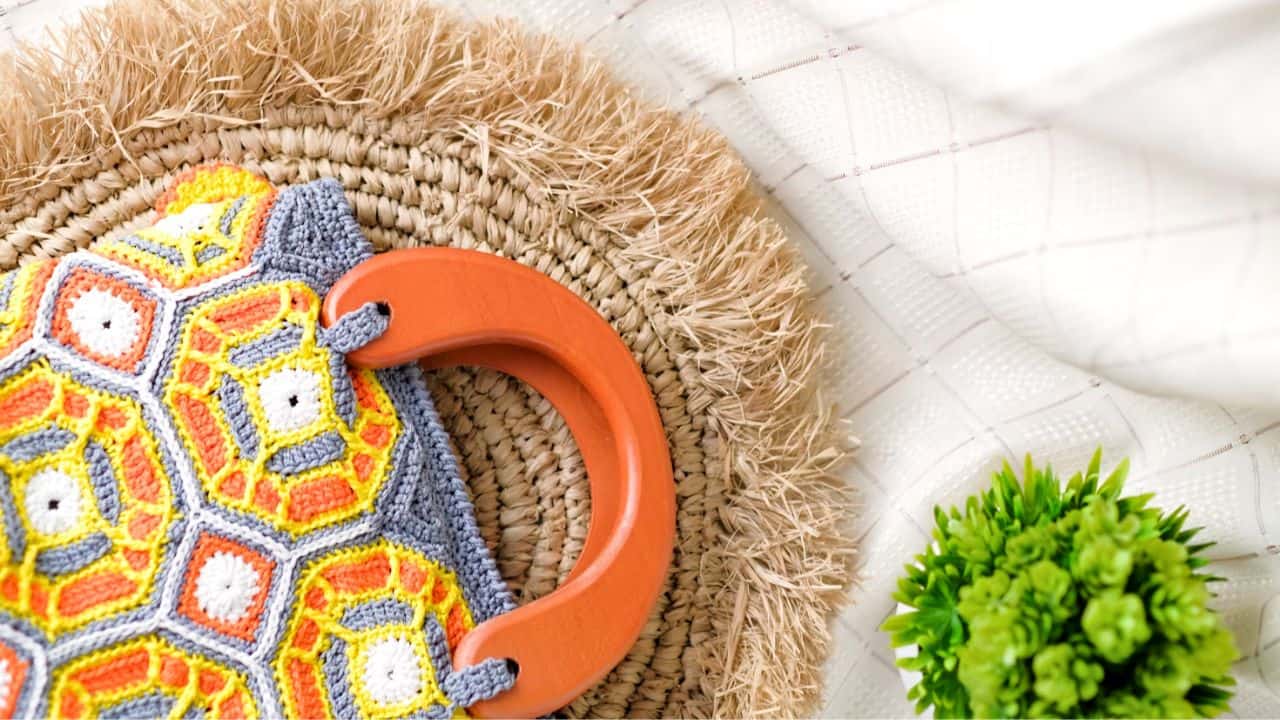Saving the world needs everyone right?
This year for International Women’s Day we wanted to take a moment to shine a light on those women who are forging sustainable new paths, disrupting industries with innovative products and services and giving back to the communities they care about, large and small.
Check out some of our favourite female founders, from tackling period poverty through period pants to running an award-winning bank, and learn what you can do to support them too.
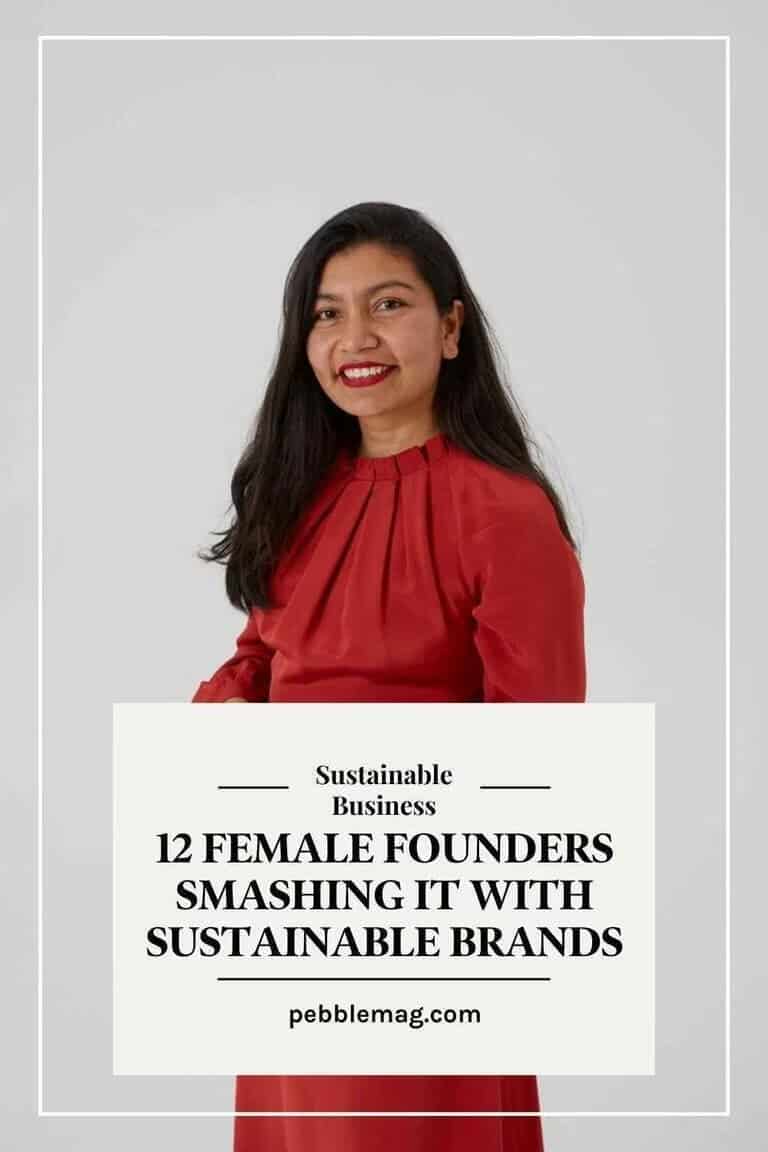
12 Sustainable Female Founders Who Are Helping To Save The World
1. Ruby Raut, founder of WUKA
WUKA is the UK’s first reusable and leak-proof period wear.
They believe that periods should not cost the earth, striving for equality, positive social and environmental impact.
The founder, Ruby Raut, studied environmental science and discovered that more than 200,000 tonnes of tampons and pads were sent to UK landfills every year – and she knew it had to change.
Ruby grew up in Nepal, where menstruation is shamed.
Consequently, breaking down these taboos are also at the heart of WUKA, who believe periods are something to be proud of.
They partner with Days For Girls International who provide people with safer options for periods and educates women and children about menstruation – changing the narrative from shame to pride, while supporting many other charities.
Sustainability is at the heart of WUKA, and they are the first Carbon Neutral Plus Period Pants. You can download and read their Carbon Footprint Analysis here, which shows how positively impactful period pants are for the planet.
How can you help?
Currently, WUKA are campaigning against the UK Government’s 20% VAT charge on period pants – you can help by signing and sharing the petition now.
Plus…
- Promote period-positivity
- Use eco-friendly sanitary products
- Donate wherever you can
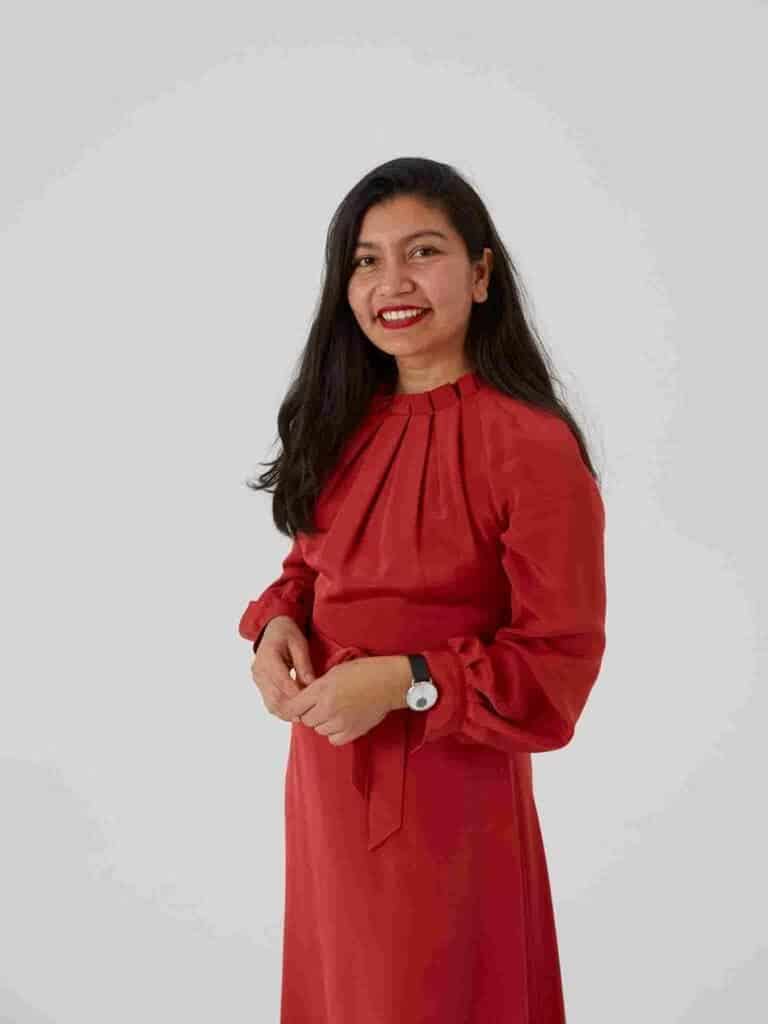
2. Amelia Gammon, found of Bide
Founder of B Corp, Bide, Amelia Gammon noticed the amount of waste she was making around her.
Reducing waste became a focus in her life, especially when Amelia and her wife were beginning a family.
While Amelia was searching for eco-cleaning products but noticed that many of them didn’t meet the ethical and environmental criteria she was after, so plastic free and zero waste cleaning brand, Bide, was born.
Amelia strongly believes that everyone has the power to make a difference, no matter how small the changes are, there is a big, positive impact.
Accessibility is a key fundamental for Amelia, so Bide partners with employment charities to enable marginalised and disadvantaged people to make Bide products, safely at home, which can fit around their lifestyle.
Working like this is more eco-friendly than factories and is a fantastic new model for helping people back into work.
How can you help?
- Help Bide by working with them.
- Buy Bide’s eco-cleaning products like their Orange & Bergamot laundry powder or their fab toilet bombs
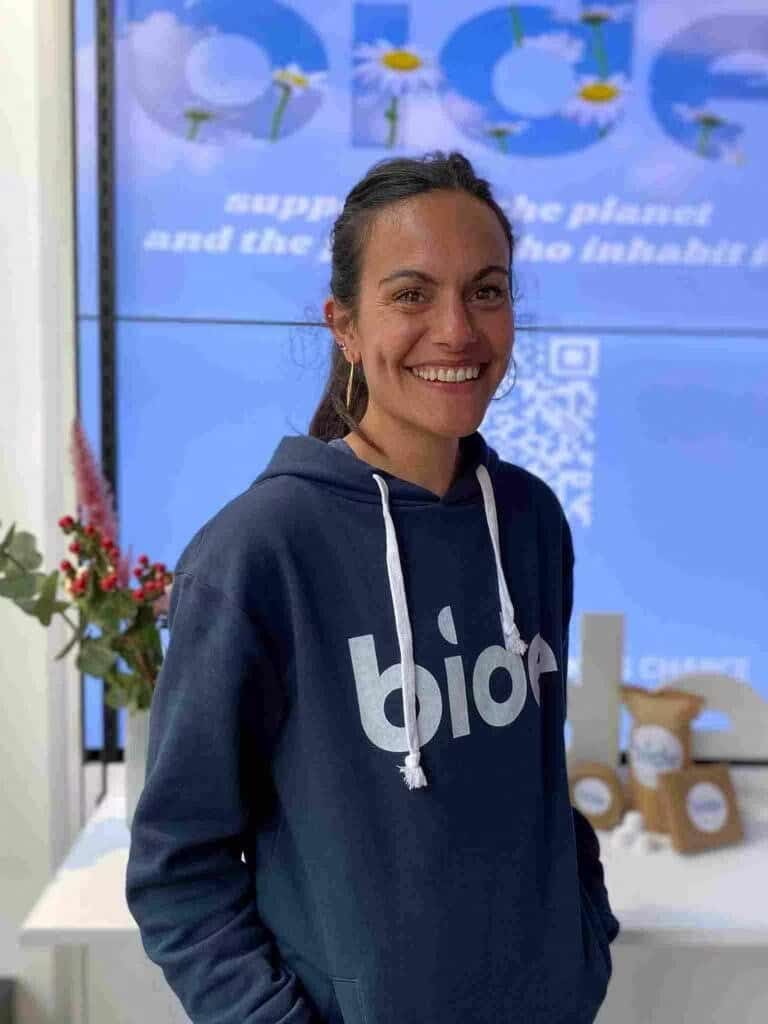
3. Amerjit Briah, founder of eTHikel
Amerjit Briah, founder of the environmentally-friendly online marketplace, eTHikel, helps shoppers reduce their negative impact on the environment.
eTHikel is not just an online platform for sustainable goods, but also a space for customers to learn. Helping to educate others is one of Briah’s passions, and remains embedded in eTHikel’s philosophy.
By working with experts and other writers, the platform delivers key insights into relevant topics (like child labour, allergies and so on) through its online journal.
By promoting simple practices and natural ingredients in a wide variety of products, ETHikel and Briah are making a positive change to people’s shopping habits.
How can you help?
- Write for their online journal
- Shop knowing that the planet is put first at eTHikel.
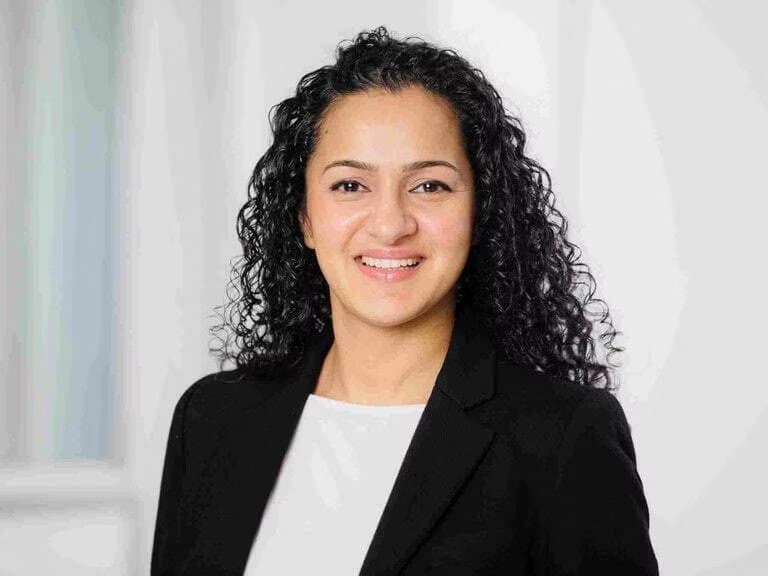
4. Georgia and Francesca Fearnley, co-founders of BOSH
Sisters Georgia and Francesca Fearnley founded the borrowing network BOSH in 2020, the site that connects consumers to rental and borrowing businesses across the UK.
The pair are environmental activists who want to reduce the purchasing of items that get used only a few times a year by raising awareness about ways we can borrow items.
BOSH acts as a search engine for hiring, rental, borrowing, and sharing businesses available near customers.
Georgia and Francesca have already provided networks to over 100 borrowing outlets and are always looking for more.
The pair are supported by Founders of the Future, a community for technology entrepreneurs.
They made it to the 2021 ‘F Factor Final’, which celebrated their innovative achievements.
How can you help?
- Get borrowing – use BOSH to find your next tool, tent or wedding dress!
- Do you have a UK based borrow, hire, rent or share business? Sign up to BOSH.
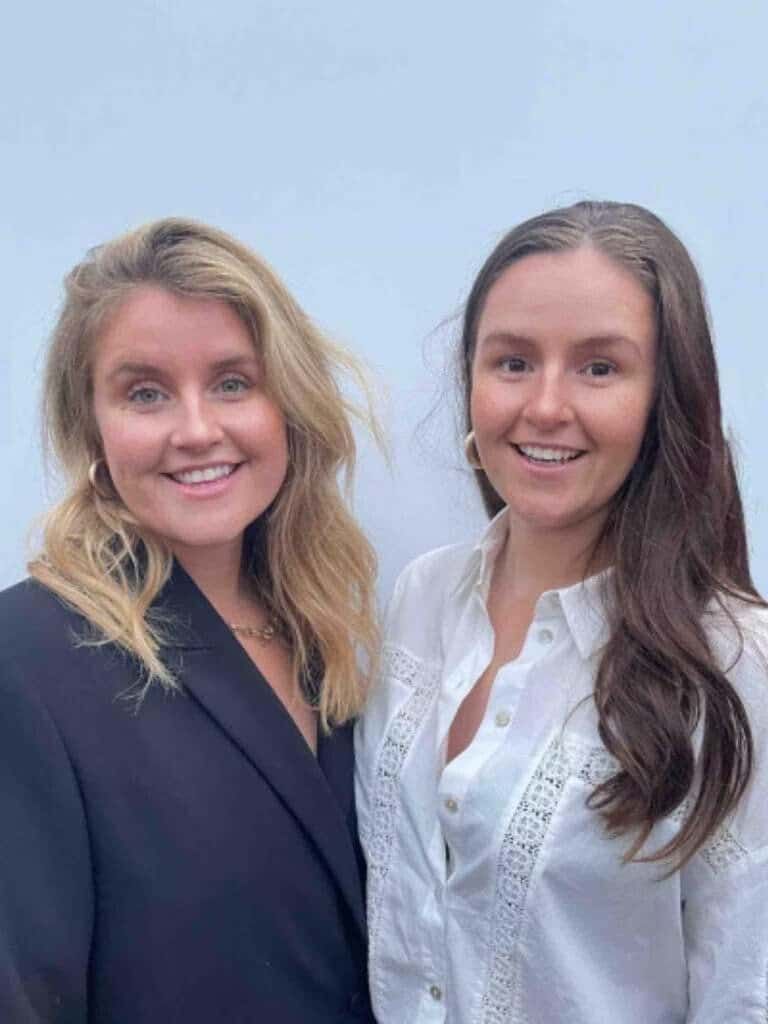
5. Tara Button, founder of Buy Me Once and Beagle Button
Tara Button is an expert in sustainable consumerism, and her businesses help customers make more conscious choices.
She founded Buy Me Once in 2016 after receiving a Le Creuset cast iron pot with a guarantee to last a lifetime and wanted all products to offer the same.
Buy Me Once sells long-lasting products from trusted makers to remove the need for frequent repeat purchases.
Tara released her book A Life Less Throwaway in 2018, guiding readers on how to be more mindful when shopping.
More recently, Tara also set up the Beagle Button web extension, which provides sustainable alternatives to products as you’re browsing online, making it even easier to shop sustainably.
How can you help?
- Download the free Beagle Button web extension to make sustainable shopping easier.
- Shop for long-lasting sustainable products on Buy Me Once
Also check out 5 Simple Tips For Living A Life Less Throwaway
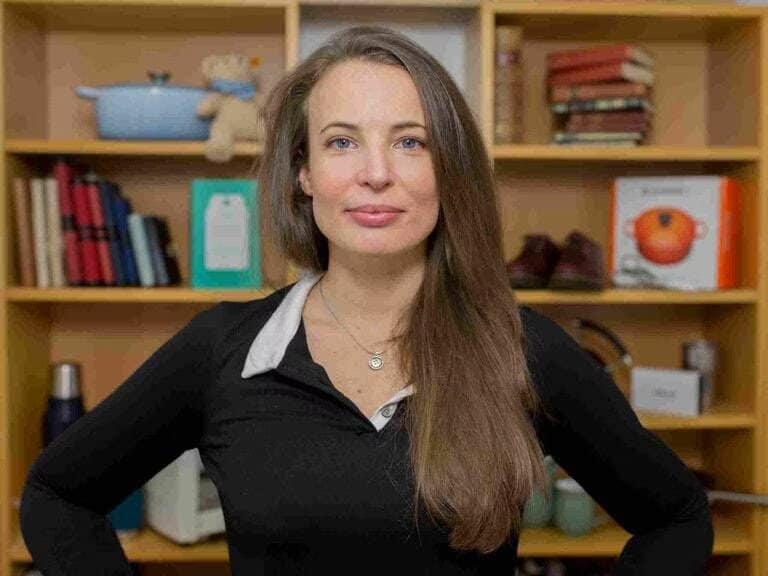
6. Chantal M’Biki, founder of the House of Lilah
Chantal M’Biki is a self-proclaimed ‘artivist’ who creatively brings scent and taste together through her complimenting teas and candles.
Chantal created House of Lilah in 2020 to create opportunities for marginalised young people by supporting art-related projects.
By giving 10% of her profits to Arts Emergency and being a mentor, Chantal helps young people get a fair start in creative industries.
House of Lilah’s products are ethically sourced and produced in small batches.
The teas are hand-picked using traditional methods and packaged in recyclable pouches.
Chantal is committed to acting responsibly and even hand-paints each jar herself.
How can you help?
- Support Chantel’s mission by shopping her collections
- Donating directly to Arts Emergency.
Also check out 5 Of The Best Eco-Friendly Teas For A Better Brew
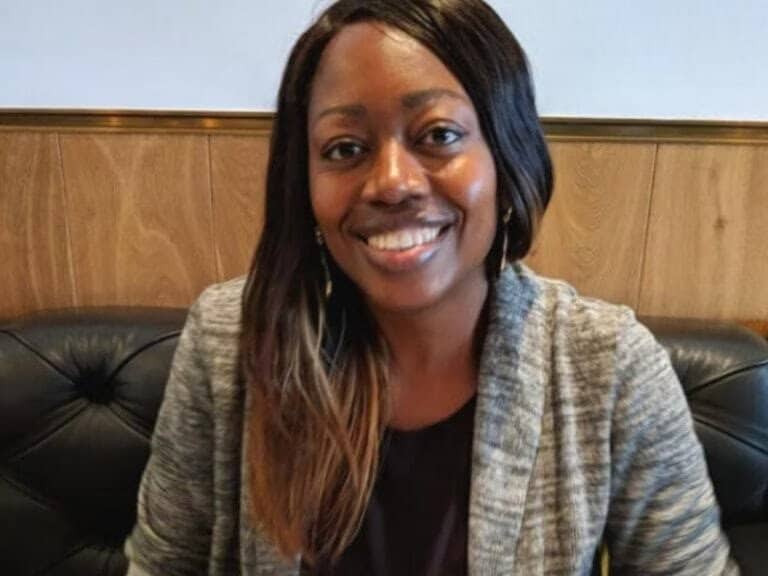
7. Maame Opoku, co-founder of MamaSia
Wellbeing and beauty brand MamaSia was established in 2012 when co-founders Maame and Sam wanted to share ancient African beauty with a wider audience.
Maame grew up in Ghana and has loved being in nature since childhood, she wanted to share this fascination and passion through MamaSia.
What makes MamaSia special is its love for natural ingredients from Africa which makes up most of the brand’s handmade formulas, and that they are sourced ethically – often from farms and land from Maame’s family.
Sustainability runs at the core of Maame’s ethos, making an impact through educational workshops and inspiring students.
A percentage of MamaSia’s profits go back into projects in Ghana that support the community that provide their ingredients.
How can you help?
- Learn more about MamaSia from their newsletter
- Enjoy their luxury beauty products such as their Sensuous Spice Body & Hand Lotion.
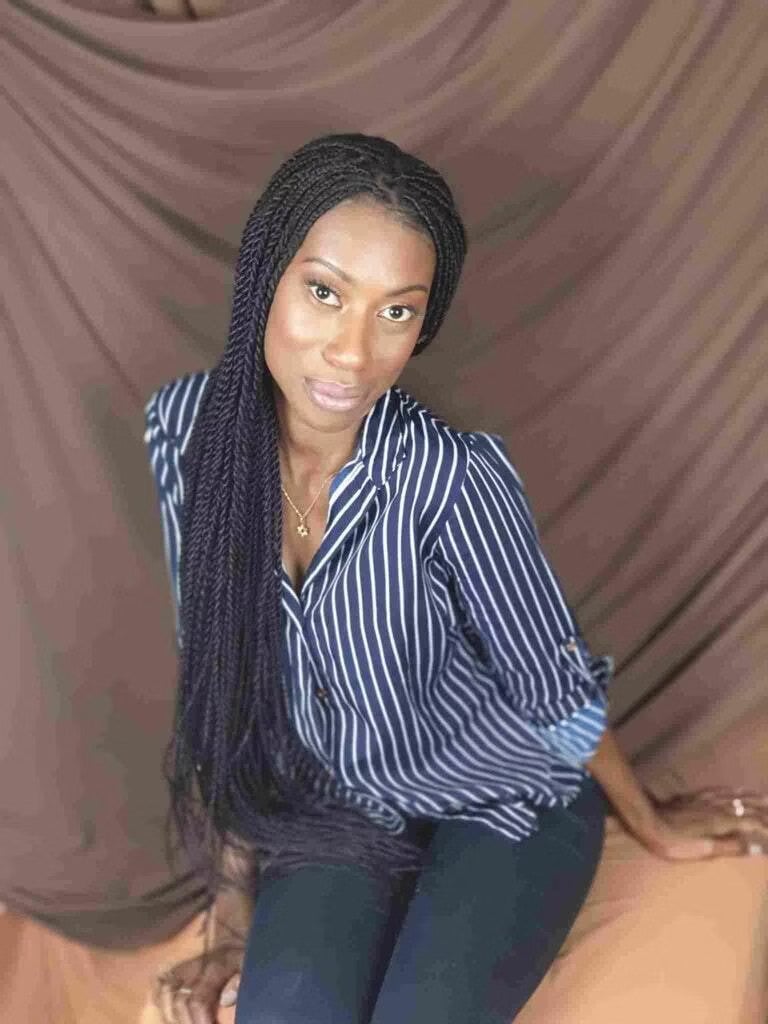
8. Sheeza Shah, co-founder of the Up Effect
The Up Effect is a crowdfunding platform dedicated to serving ethical businesses.
Co-founder Sheeza Shah is passionate about the growth of socially responsible businesses in a society where unethical businesses receive more investment.
The Up Effect began in 2016 and has successfully funded multiple companies with a 95% campaign success rate and by 2020 became climate positive.
Sheeza has also received a deserving recognition for her contribution to business, including being a finalist for the Entrepreneur of the Year award at the Asian Achievers Awards 2018.
How can you help?
- Listen to the podcasts and join their community
- Support or invest in campaigns active on The Up Effect
- Become an Ally and make a positive impact
Also check out our guide to Ethical Investing: How, Why and Who To Invest With
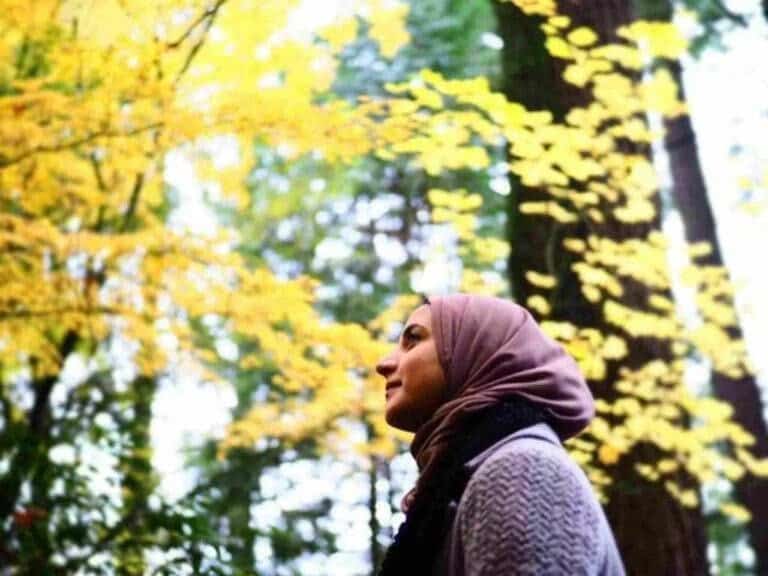
9. Juliet Davenport, founder of Good Energy
Juliet Davenport founded her 100% renewable electricity company when only 2% of the UK’s power was renewable in 1999, making Good Energy one of a kind.
Juliet was the first female CEO of an energy company and just stepped down in 2021.
She played a key role in raising awareness of the issue of climate change, and was making change before it became mainstream – truly an inspiration!
Juliet was determined to be a success and had a passion to give people a choice to counter climate change through the energy supplied to their home.
She has built up Good Energy as a business that not only provides renewable energy, but also helps young environmental activists get their message heard through their platform.
Good Energy also educates its customers around key issues, like renewable energy and greenwashing.
How can you help?
- Read Good Energy’s manifesto
- Check out their platform with learning resources
Also check out What Is Greenwashing? And How Can You Avoid It?
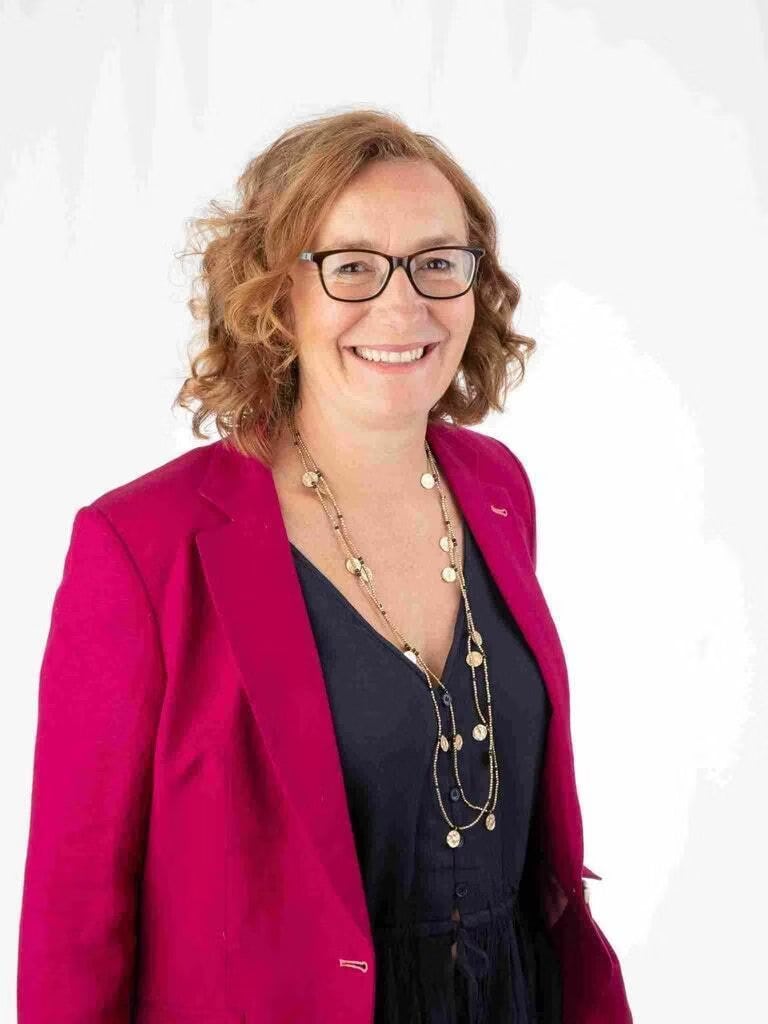
10. Josephine Philips, founder of Sojo
Josephine Philips created the app Sojo for customers to order clothes to be repaired and altered rather than purchasing new ones, creating a circular economy.
Josephine’s passion for slow fashion extends to raising awareness of the impact of fast fashion on workers who are often paid unfairly – 80% of which are women.
She hopes that Sojo will increase body positivity, reminding customers that clothes should fit them and not the other way around.
Josephine had instant success with thousands of downloads of her app in the first three months, and requests to expand the service beyond London.
Sojo recently launched a blog which provides more insight into the importance of fighting fast fashion, while their social media campaigns continue to educate consumers about the need for repair and alteration.
How can you help?
- Download Sojo and think twice before selling/buying clothes.
- Read the blog or join the community..
Interested in this? Check out 36 Ingenious Ways To Make Your Clothes Last Longer
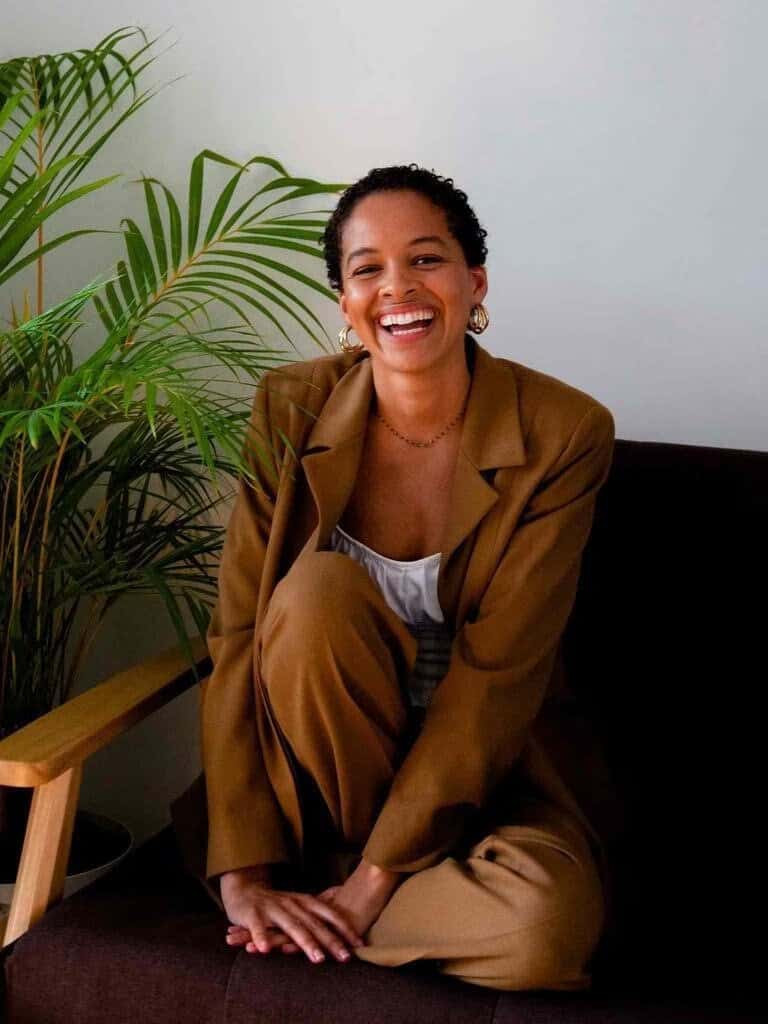
11. Roberta Ventura, founder of SEP Jordan
Certified B Corp, SEP, (standing for Social Enterprise Project), is a luxury fashion and lifestyle business with a focus on positive social impact.
Roberta Ventura founded SEP as she realised that something had to be done about the growing number of displaced people.
Working with over 500 embroidery artists, who are refugees, SEP creates a sustainable path to economic independence for hundreds of women and their families.
Working with refugee camp residents as colleagues, rather than recipients of aid, SEP truly embodies their mission to help thousands of refugees move above the poverty line.
Embracing the abundance of cultures throughout the company, the embroidery designed embodies ancient Islamic, Biblical and Palestinian architecture.
What originally started as a homewares and fashion project has turned into a force for good, with all profits reallocated to camp development.
How can you help?
- Browse the stunning fashion and lifestyle pieces
- Read their blog
- Join their events
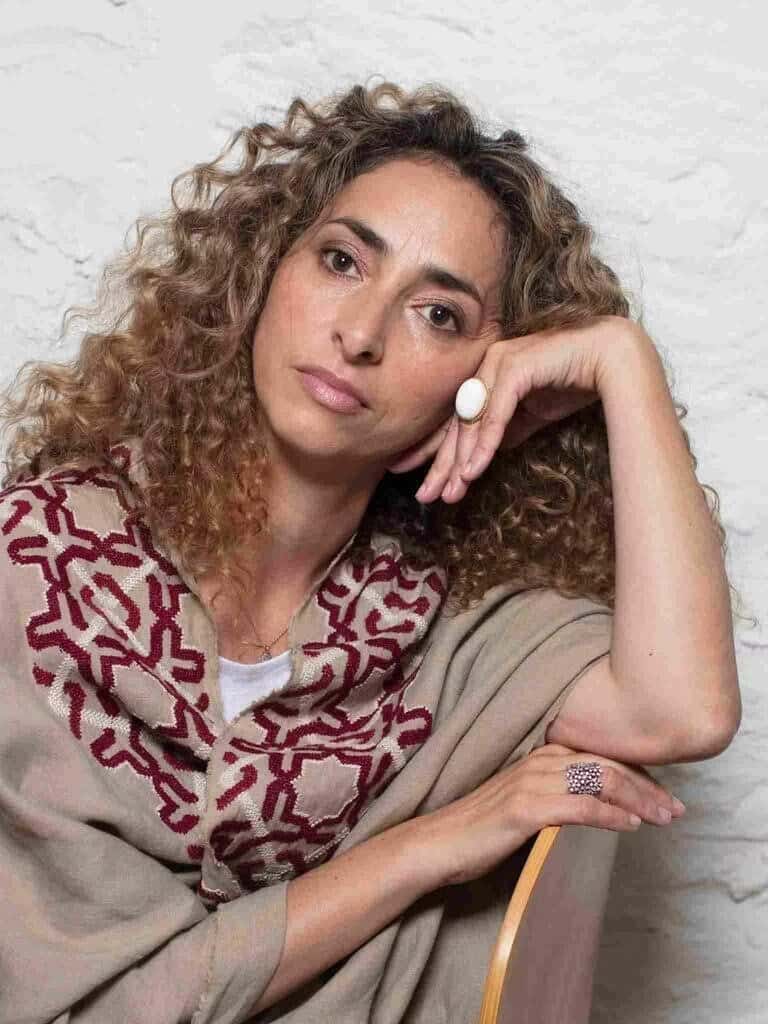
12. Anne Boden, founder of Starling Bank
Starling Bank was made when founder Anne Boden noticed how technology could transform the way that people manage their money.
Anne foresaw the potential in digital technology and revolutionised the banking industry with the first digital-only bank.
With 30 years of experience in big named banks, she decided to make her own becoming the first woman to found a UK bank.
Named after the sociable and supportive bird, Starling Bank, aims to make money equal and understandable, is kind to the planet by running on renewable energy, and uses technology for good.
Under a referral scheme, Starling Bank donates to WWF-UK each time a new account is made.
Previously, this had been for other charities like Code Your Future.
She received an MBE and honorary doctorate for her contribution to the sciences and massive impact on banking as we know it today.
How can you help?
- Create and refer Starling Bank to donate money to charity
- Embody Anne’s ethos and help others by volunteering.
Also check out our guide to Ethical Investing: How, Why and Who To Invest With
